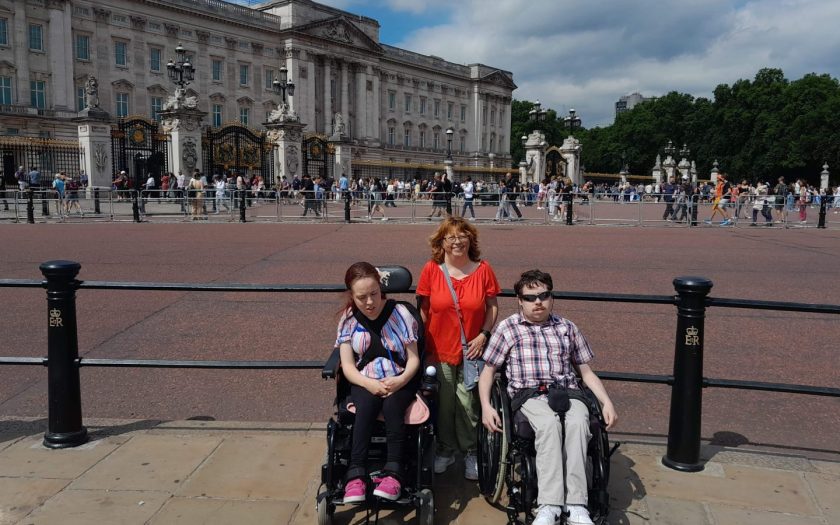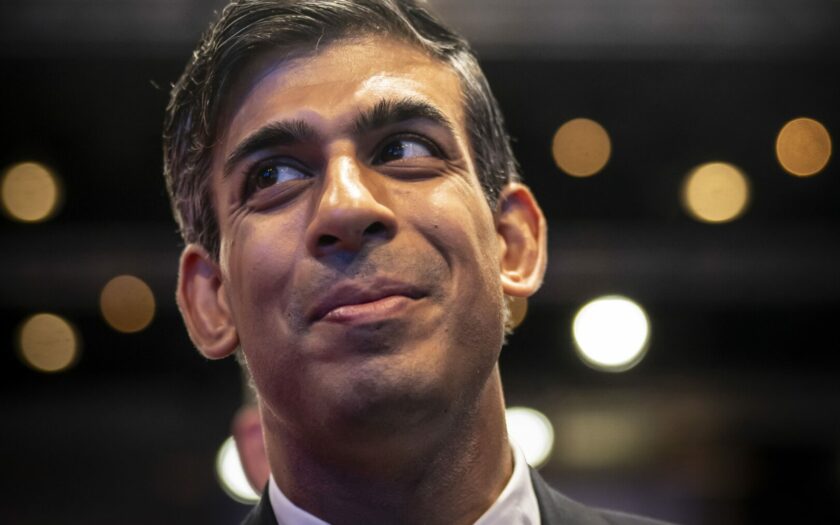An Open letter to the Prime Minister from Donna Giles (an unpaid carer for her two disabled children)
“Dear Prime Minister
I listened intently to your speech on Wednesday. I was waiting (and saying a little prayer
too) for you to mention social care, to acknowledge the army of unpaid carers who provide the support so many need. But…none came… and that’s a real shame.
Your only mention of social care came in one line – “It was the NHS and social care
staff who worked night and day to get us through the pandemic.”
You talked of training more doctors and nurses, but did not mention paid carers and support workers. More trained carers, support workers and PAs would not only benefit those that need extra support, but also the unpaid carers who are currently expected to do the job with very little acknowledgement of their contribution to society.
You talked of reforming the NHS, and, yet, it is widely acknowledged that this can’t happen without transforming social care. They are inextricably linked. No matter how many doctors and nurses you train if the social care structure isn’t in place for patients to live safely outside of a hospital, then beds will be forever blocked by those desperate to either get home or transferred to a care or nursing home setting and waiting lists will never be reduced. Or maybe you are expecting the many, many unpaid carers in this country to continue to look after those that need extra support in return for the small amount of Carer’s Allowance the benefit system provides.
Moving on to Welfare, you talked about the many people who had been declared incapable of work. Maybe it isn’t that they are incapable of work, maybe it’s the fact that the social care system doesn’t help them to gain and retain employment. If my son, who has cerebral palsy, was assessed he may well be declared ‘incapable of work,’ and, yet, with the correct amount of social care support he does work – proving himself more than capable. However, he couldn’t do it without the support of his PAs.
In addition, many unpaid carers cannot take up or have had to leave employment because of their caring responsibilities. Without a supportive social care system how will they be able to ‘help the economy’? Could it be that the lack of joined up thinking and real knowledge of the impact of decent social care is impeding the decisions that need to be made?
Social care impacts on so much – it can determine whether or not an elderly person can
safely stay in the house they have lived in for decades, or if it is not safe to do so, it can
provide care in an environment that should maintain their quality of life as they come
towards the end of it.
Social care support can ensure it is feasible for someone who is terminally ill, or who has
had a life changing accident, can be cared for at home, supporting individuals and families when they most need it.
Social care support can assist a young disabled person to grow in confidence and
independence alongside his or her peers, developing in the education of life.
Social care support can ensure that a family remains together as a unit despite the
pressure’s mothers, fathers, sons, daughters, children are placed under when they are
caring for another member of their family, whether that be someone of the older
generation, the same generation or the younger one.
Some people are juggling all 3. It should be acknowledged that friends and neighbours also take on caring responsibilities. You say that ‘family matters,’ and surely a family that includes someone with a disability or needs extra support, and the unpaid carers providing that support matter as much as any other family.
I know you say that your ideas are bold and radical, but without a plan or a desire to tackle social care I would say that really radical, innovative and bold reforms that would help those with extra challenges to take their place in society are nowhere to be seen.”
Donna Giles

And here’s Donna’s description of who is an unpaid carer.
“All across the country, in cities, towns and villages, there is a growing workforce in roles they didn’t apply for, which they have no holiday from. An unpaid carer becomes a carer due to life events and circumstances. An unpaid carer is never off-duty. An unpaid carer must always be available to take up their caring role and responsibilities whenever called to do so.
These people provide unpaid care to a child, parent or both, a sibling, a partner or even a friend or neighbour. They often feel that they are undervalued, unseen and unheard by society.”

